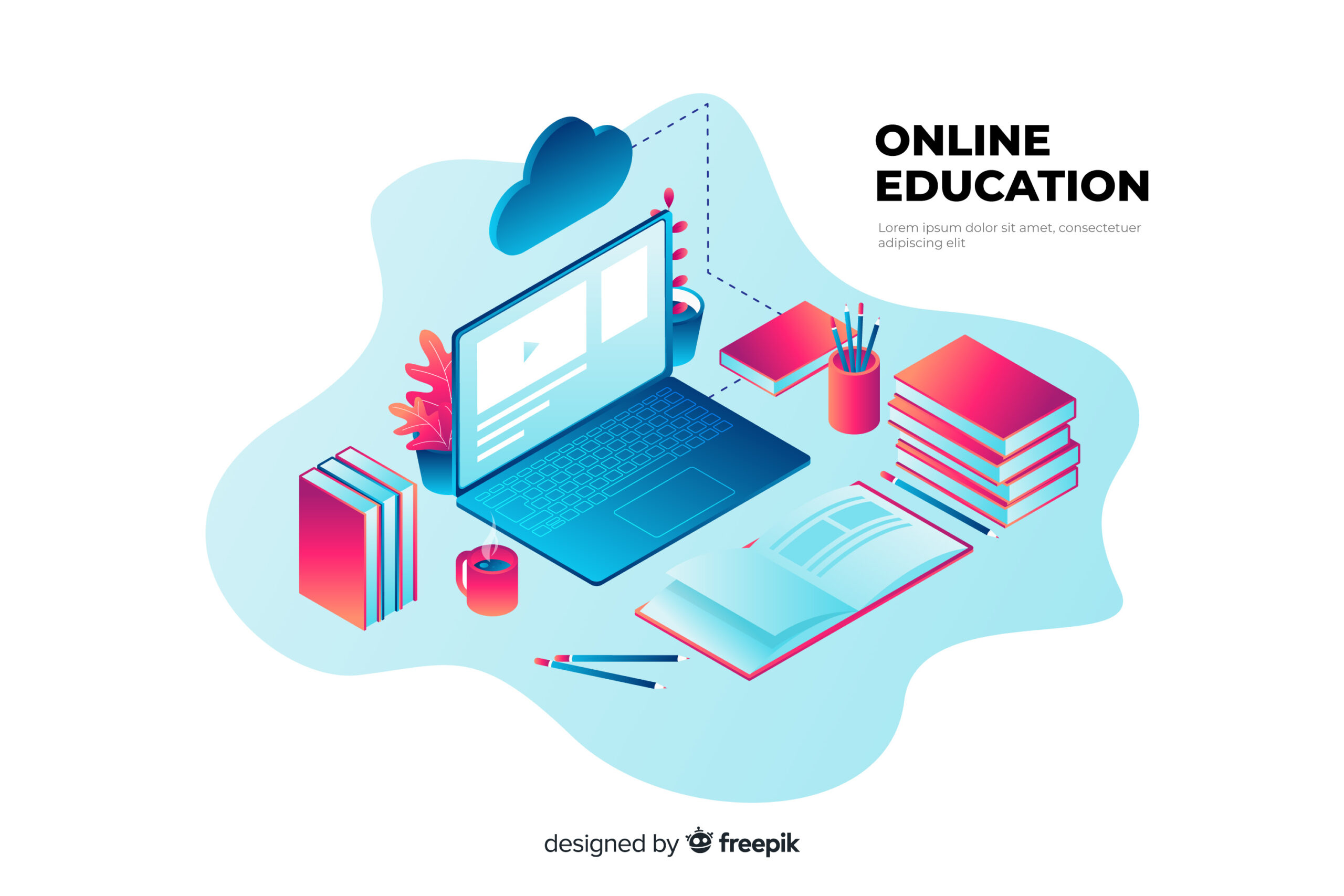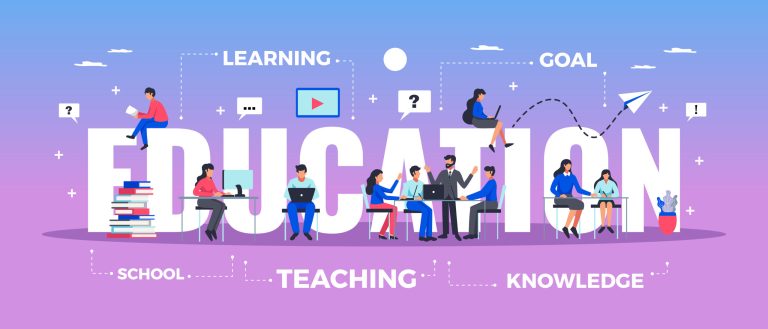Education 2.0: Navigating the Digital Age of Learning
In the fast-paced world of the 21st century, education has undergone a remarkable transformation. Traditional classrooms are no longer the sole hub of learning. Instead, the digital age has ushered in a new era of education, often referred to as “Education 2.0.” In this article, we will delve into the various facets of this digital revolution, exploring its impact on students, educators, and the learning process as a whole.
The Evolution of Education
From Blackboards to Smartboards: A Technological Leap
The transition from chalkboards to interactive smartboards marks a significant shift in the way educators deliver lessons. Smartboards engage students with multimedia content, making learning more interactive and dynamic.
Access to a World of Knowledge
The internet has democratized information access. With a simple click, students can explore a vast ocean of knowledge, bridging geographical boundaries and expanding their horizons.
Online Learning Platforms: A Paradigm Shift
The Rise of E-Learning
E-learning platforms have gained immense popularity, offering courses on a wide range of subjects. They provide flexibility, enabling students to learn at their own pace and convenience.
Gamification in Education
Gamification has made learning fun and engaging. Educational games and apps not only teach but also foster critical thinking and problem-solving skills.
Challenges and Opportunities
Digital Divide
While the digital age has opened up new learning opportunities, it has also exposed the digital divide. Not all students have equal access to technology and high-speed internet.
The Role of Educators
Teachers have had to adapt to this new landscape. They are not just instructors but also facilitators of online learning, guiding students through the digital maze.
Personalized Learning
Education 2.0 allows for personalized learning experiences. Adaptive algorithms tailor content to individual student needs, ensuring a more effective learning journey.
Preparing Students for the Future
Digital Literacy
In this digital age, being digitally literate is as important as reading and writing. Students must learn to navigate the digital world responsibly.
Critical Thinking and Problem-Solving
Education 2.0 emphasizes critical thinking and problem-solving skills, which are essential in a rapidly changing world.
The Future of Education 2.0
Artificial Intelligence in Education
AI-powered tools will continue to play a significant role in Education 2.0, offering insights into student performance and enabling further customization of learning experiences.
Augmented Reality (AR) and Virtual Reality (VR)
AR and VR technologies will revolutionize education, immersing students in virtual environments that enhance learning.
Conclusion
Education 2.0 represents a paradigm shift in how we acquire knowledge and skills. It offers unprecedented opportunities for learners of all ages, but it also presents challenges that must be addressed. As we navigate this digital age of learning, it’s crucial to ensure that access to quality education remains equitable and inclusive.
FAQs
- What is Education 2.0? Education 2.0 refers to the digital transformation of education, where technology plays a pivotal role in how students learn and educators teach.
- How does personalized learning work in Education 2.0? Personalized learning uses adaptive algorithms to tailor educational content to individual student needs, making the learning experience more effective.
- What are the benefits of gamification in education? Gamification in education makes learning engaging and fun while promoting critical thinking and problem-solving skills.
- How can we bridge the digital divide in education? Bridging the digital divide requires efforts to ensure all students have access to technology and high-speed internet.
- What role does artificial intelligence play in Education 2.0? Artificial intelligence in education offers insights into student performance and enables customized learning experiences, making education more efficient and effective.



